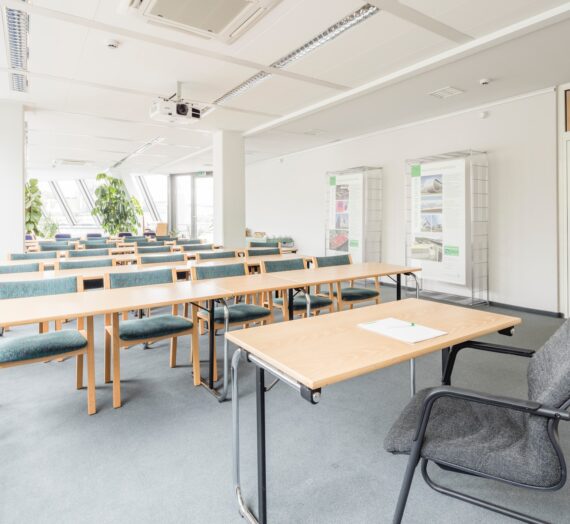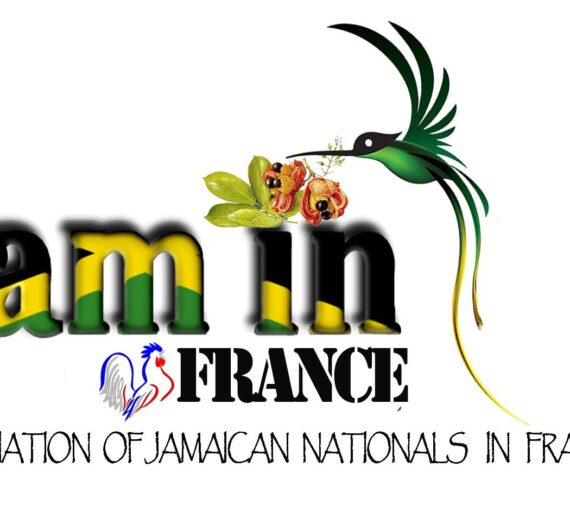On March 20, 1970, the International Organization of La Francophonie, or l’Organisation internationale de la Francophonie (OIF) was established to represent countries where French was spoken. When you see the term “La Francophonie” with a capital F, this refers to the OIF. However, when you see “La francophonie” with a common F, this refers to the French-speaking world. The need to explain the difference will become clear in a minute.
Francophonie Month or Le Mois de la Francophonie is celebrated every March. The month culminates on March 20 with International Francophonie Day or La Journée Internationale de la Francophonie. Its significance captures the excitement of francophones and francophiles around the world. And this year, the Jamaican-French community certainly never missed the opportunity to celebrate, despite COVID-19 restrictions. Similar to all events of the past year, festivities migrated online. However, while the platform was different, the euphoria remained the same.
Francophonie Week or La Semaine de la Francophonie was the backdrop for the two virtual events. On March 17, the Jamaica Association of French Teachers (JAFT) in collaboration with the Alliance Française de la Jamaïque (AFJ) hosted a session called Fête de la Francophonie over Zoom. Targeted primarily towards high schools, with a few submissions from UWI and Shortwood Teachers College, students submitted presentations within the following four categories:
- YouTube/TikTok Videos on French idioms;
- Radio Announcements;
- Dis-Moi Dix Mots: French poetry that incorporated ten specific French words; and
- Concours d’Éloquence: a speech
In case you didn’t know before, Jamaicans are hands down the most talented people on the planet, and these students reminded me of that. The amount of talent in their presentations was indescribable. And as one of the jury members who had to judge these submissions, it was by no means an easy decision.
French Ambassador to Jamaica Denys Wibaux had made a poignant statement at the beginning of the event. He said that International Francophonie Month/Week/Day is a celebration of Francophone culture, not just French culture. And this message resonated when several presenters discussed different countries that spoke French, such as Canada, Morocco, St. Lucia and French Guiana. When we think of French, our immediate thoughts go to mainland France. As a result, there’s very little knowledge or exposure to the other countries of La francophonie. Some of these students may have never known that there were so many places beyond mainland France that speak French. And it’s the need for that kind of exposure why The Jamaican Francophile exists.
On March 19, all of the Alliance Françaises of the English-speaking Caribbean came together once again for Quiz Inter-Îles, a quiz that asked questions about La francophonie. The quiz in and of itself was a wealth of knowledge, which I hope would have sufficed as a reward to those who never won any prizes during the competition. For example, I learned that Kinshasa, the capital of the Democratic Republic of the Congo, is the largest French-speaking city in the world. You read that right. The city with the most French speakers isn’t even in France. However, this makes sense considering the majority of French speakers reside in Africa.
Now under normal circumstances, this blog is not a platform for me to brag about any of my achievements. However, this post will have to be an exception because the honourable mention of the quiz was my victory. For those of you who have been reading this blog from the first event review, you would know that I said one day I would win one of these quizzes. And my day finally came because in the Quiz Inter-Îles, I came in 2nd place. A vast improvement from my 16th place at the Apéro and 9th place at the Battle Quiz. Some of you may say that 2nd place isn’t a win, but I beg to differ; I was the only Jamaican who placed in the Top 3 and the AFJ will be rewarding me as the first-place Jamaican winner.
I would be lying if I wrote that I knew all of my acquired knowledge as a Francophile would some day come in handy. In reality, while most of it was my knowledge, there was a side of luck and a dash of guess work. Starting off the competition in first place and having two 8-question winning streaks, I started to get nervous when I dropped to second, then third place. I started sweating bullets during the final five questions, trying to stay in the Top 3. I was doing so well that at one point, someone had asked if I was a robot. After my victory I did turn on my camera to show them that I am in fact human (and what the face of a champion looked like). Now, if my underdog story has not inspired you to participate in at least one of these events, then I don’t know what will.




